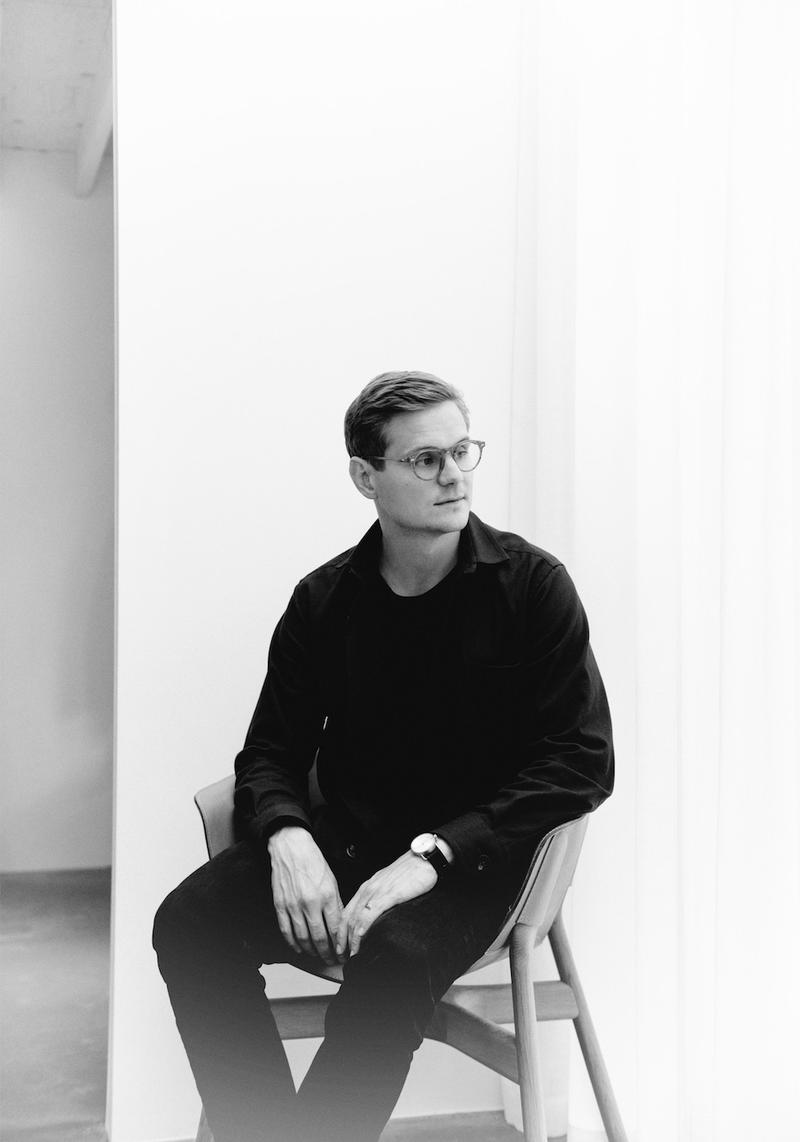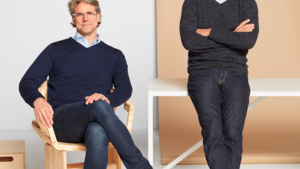After working as an interior designer for several years, Petrus Palmér, co-founder and CEO of Hem, saw that the furniture business model, from distribution to pricing, was outdated. He set out to develop a modern furniture company built with sustainability, pricing transparency and direct-to-consumer distribution in mind.

Hem’s three-year stint under the ownership of flash sale site Fab.com gave Palmer insight into managing a performance-driven model. But when the parent company hit hard times in 2016, Palmer had the opportunity to purchase the furniture company back with help from an investment from Swiss furniture brand Vitra.
Redeveloping the brand’s identity meant refocusing on design, quality and accessibility—both in price and inventory. While Palmer still refers to Hem as a small company (it employs a total of 20 people), its sales grew to $6 million in 2017 (from $2 million the previous year). He credits the growth to interior designers and the relatively new Hem Pro trade program, as well as the rise of “resimercial” furniture. His clients include tech companies like Facebook, Uber and Pinterest that want stylish office furniture.
His ultimate goal? Palmer is ready to make Hem into the IKEA of the premier market. “If you think about it, there’s only one global furniture brand in the world: IKEA. There’s nothing else,” he tells Dennis Scully on the latest Business of Home podcast. “They’ve covered the low end of the spectrum and they covered it beautifully, but there are other spectrums out there. If you ask a consumer on the street to name five furniture brands—they can’t.”
Listen to the complete episode, which is sponsored by Fuigo, here:




























